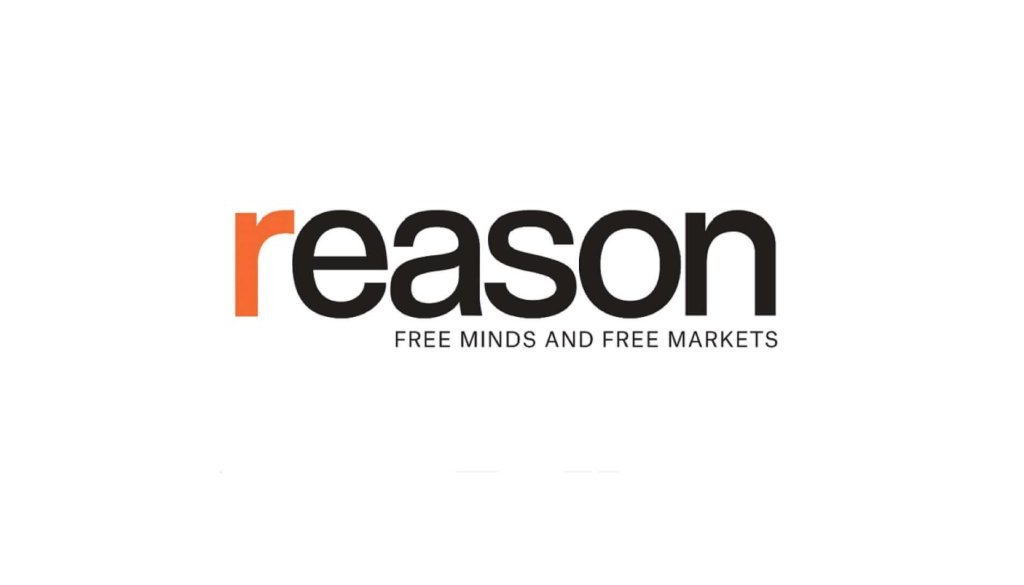CBDCs Banned
Strong repudiation of CBDCs: In an executive order released yesterday (called “Strengthening American Leadership in Digital Financial Technology”), Trump gave those who care about financial privacy a very clear win.
The Trump administration, through this executive order, commits to “providing regulatory clarity and certainty built on technology-neutral regulations, frameworks that account for emerging technologies, transparent decision making, and well-defined jurisdictional regulatory boundaries, all of which are essential to supporting a vibrant and inclusive digital economy and innovation in digital assets, permissionless blockchains, and distributed ledger technologies.” No more constant persecution of the industry by the Securities and Exchange Commission (SEC).
Crucially, it also says it will “protect Americans from the risks of Central Bank Digital Currencies (CBDCs), which threaten the stability of the financial system, individual privacy, and the sovereignty of the United States, including by prohibiting the establishment, issuance, circulation, and use of a CBDC within the jurisdiction of the United States.” Yep, you heard him right: CBDCs are banned now.
Governments around the world—China, Russia, India, Sweden, and the United Arab Emirates—have either introduced CBDCs or recently toyed with doing so. In the U.S., too, central bankers have perennially signaled interest: “‘The Federal Reserve’s initial analysis,’ the central bank insisted in a January 2022 report, ‘suggests that a potential U.S. CBDC, if one were created, would best serve the needs of the United States by being privacy-protected, intermediated, widely transferable, and identity-verified,'” wrote Reason‘s Brian Doherty in a January 2023 feature. “That last point is the danger zone. To use cash, you merely have to convince your counterparty that the cash is cash; you do not have to convince them you are you. In a digital system whose capacities to surveil and control are nearly unlimited, identity verification looks frightening indeed.”
Consider in which ways central planners might try to control your behavior if a CBDC were widely adopted. “Authorities could bake in faddish, top-down social goals that you—the sucker who merely wants to spend your money to meet your needs and desires—want nothing to do with,” continues Doherty. “These could concern the environment (do you really need to buy that much carbon-ge
Article from Reason.com

The Reason Magazine website is a go-to destination for libertarians seeking cogent analysis, investigative reporting, and thought-provoking commentary. Championing the principles of individual freedom, limited government, and free markets, the site offers a diverse range of articles, videos, and podcasts that challenge conventional wisdom and advocate for libertarian solutions. Whether you’re interested in politics, culture, or technology, Reason provides a unique lens that prioritizes liberty and rational discourse. It’s an essential resource for those who value critical thinking and nuanced debate in the pursuit of a freer society.



